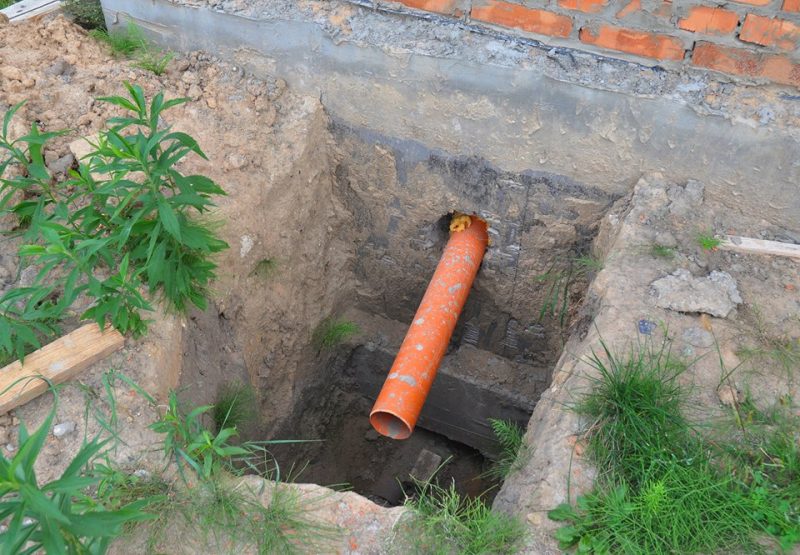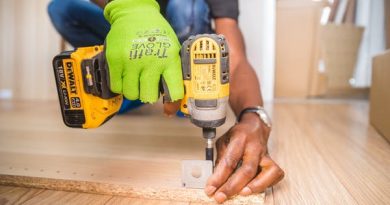6 Benefits of Pipe Lining Every Homeowner Should Know
Pipe relining is a new and efficient way to repair old pipes. Despite the advantages, there is a lot of misinformation out there that may turn some homeowners away from this method of pipe repair. Here are six benefits that may make you rethink pipe relining, or trenchless pipe repair.
1. Helps Improve Tap Water Quality
Did you know that lead can leach into your water from pipes – even if you have city water? Homes built before the 1990s are at the highest risk of having plumbing systems that contribute to high lead levels in water.
Along with leaching, conventional pipes can contribute to a host of other water quality issues, like:
· Rust sediment
· Corrosion build-up
· Discolored water
· Low water pressure
· Copper leaching
· Spread of Legionella and other contaminants
Pipe lining is the answer to these problems. A study from The Water Research Foundation found that certain pipe lining processes can reduce or eliminate lead contamination in water.
If you live in an older home, pipe lining may keep lead water levels low so that your family can enjoy cleaner drinking water.
2. Improves Pipe Flow Capacity
Pipe lining can also improve flow capacity and help minimize water pressure issues. Corrosion and build-up in pipes can slow down the water flow and reduce capacity.
A new lining would allow for smooth water flow with minimal pressure issues.
3. Minimal Landscape Disruption
One of the primary benefits to choosing pipe lining instead of conventional pipe repair is that you don’t have to dig up your yard. The pipe lining equipment used by plumbers only requires minimal ground disruption.
If you’ve spent a fortune on your landscaping or you have installed ground cover, like patio pavers and concrete, pipe lining will save you from having to repair or replace these items when after the repair.
4. Cost-Effective
In the long-run, pipe lining is more cost effective than conventional pipe repair or replacement. Not only do you save money on not having to replace your landscaping, but you also save money on labor.
The pipe doesn’t have to be extracted from the ground, so workers spend less time on the repair. And there’s no need to repair ground cover after the pipe is fixed.
The overall cost of pipe relining may be the same, or slightly higher, than conventional repairs, but you’ll save more in labor and ground repair costs.
5. Durable and Safe
Adding an epoxy resin pipe in to the old pipe (i.e. adding pipe lining) will reinforce the old system. Essentially, you wind up with two pipes in a single unit.
The method also eliminates weak points and joints in the pipe system.
Pipe lining is also safer than conventional repairs, which can pose a risk to residents. Holes, trenches and piles of debris can be a hazard and inconvenience to others living in the area.
6. Quick Repair Time
It takes far less time to reline a pipe than it does to dig it up and install a new one. Repairs can be done in hours or days (depending on the extent of the damage) instead of weeks.




